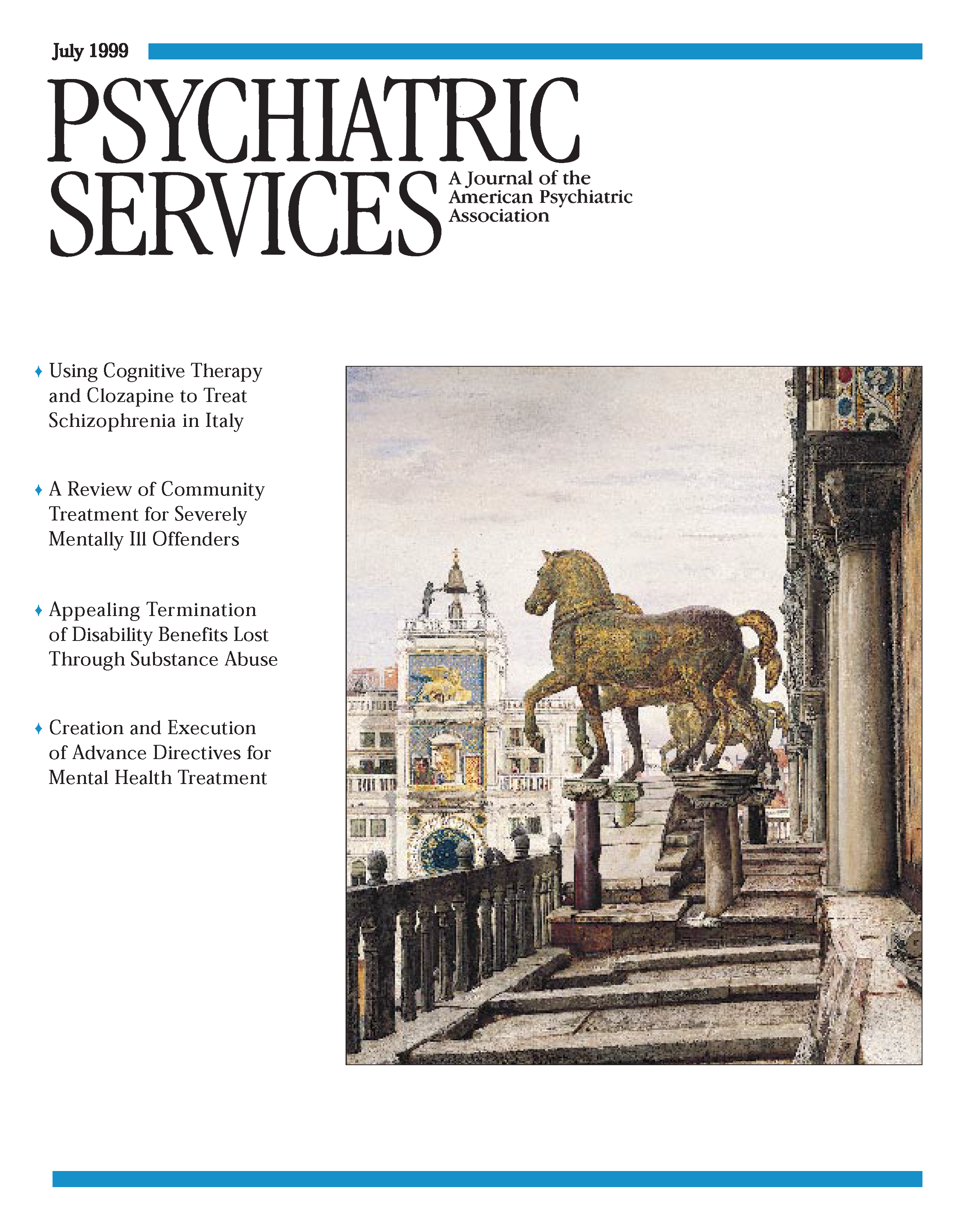Spirituality and Religion in Recovery From Mental Illness
The editor, who is codirector of Community Connections in Washington, D.C., lists several reasons for expanding the role of religion and spirituality in mental health services: these dimensions are central to the self-understanding and the recovery experiences of many consumers; understanding religion's place in a particular culture enhances the cultural sensitivity of services; and research indicates that religion is often related to more positive outcomes. He and other contributors write about such topics as mental health professionals concerns about incorporating spirituality in work with seriously mentally ill people and clients' desriptions of their spiritual experiences. Also presented are ideas for expanding the role of spirituality in mental health services through the use of religious-issues group therapy, a mind-body group for people with severe mental disorders, and educational and support programs for people with mental illness offered by faith communities.



